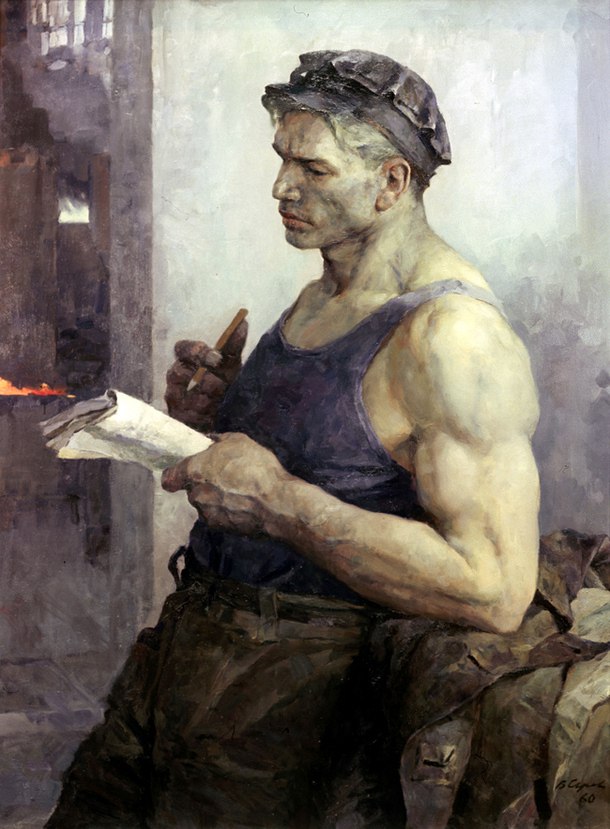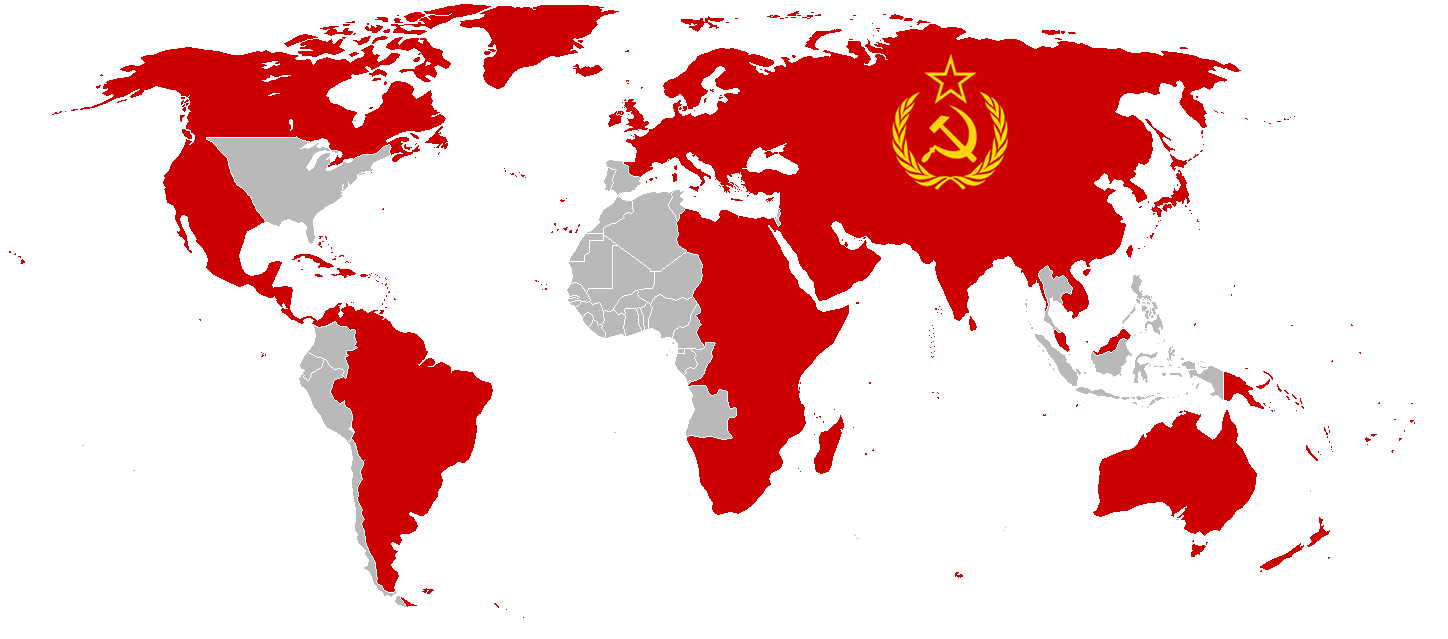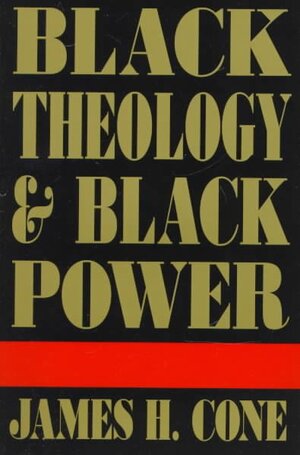- cross-posted to:
- memes@lemmy.ml
- cross-posted to:
- memes@lemmy.ml
He wasn’t angry about capitalism, he was angry about sacrilege.
I also have to point out, when libertarians say shit about trade, we always need to remind them that buying and selling things is not capitalism by itself.
So, don’t be libertarian, even if just for this one scene.
He does attack the rich consistently however and the ideal can be extrapolated, beside this one scene. Even the famous “It is easier for a camel to walk through the head of a needle then it is for a rich person to enter the Kingdom of Heaven”.
And look what came out of that.
I don’t know, Paul was based as fuck.
But then we got the Catholic church.
Not exactly. Jesus didn’t mind regular merchants, though he’s pretty clear and consistent that a love of wealth is incompatible with a love of God. The deal with the temple is that they were basically selling God, selling salvation, and profiteering off of faith. IIRC, you couldn’t bring animals or offerings to the temple, you had to buy them there, their lambs, their doves, etc, because how can they make money if everyone just brings their stuff? It’s pretty telling that after years of doing his thing, Jesus finally gets merc’d just days after this happened. Thankfully, though, we all learned this lesson and never ever did anything like this ever again. =)
“On reaching Jerusalem, Jesus entered the temple courts and began driving out those who were buying and selling there. He overturned the tables of the money changers and the benches of those selling doves”
Sounds like losing his shit with the capitalists to me.
I mean, only if you completely divorce that from all context. The temple was supposed to be a place of solemn worship, and that was being lost in the face of money changing (the Jews didn’t fancy giving God Roman money with the faces of emperors stamped on it) and selling sacrificial offerings. It became a place a business first. Jesus would doubtless beat the brakes off of a lot of American Christianity with its giant steel girder crosses, enormous state-of-the-art presentation halls, and pastors zooming around in private jets living in giant manors, telling people to just go ahead and send their rent money to the hotline. Jesus saw the corrupting influence that money has on religious institutions and made it clear that it was a line he felt shouldn’t be crossed. The intersection between money and faith is a theme that pops up all over the New Testament, and it seems probable that the Romans brought unbelievable wealth to some people in that region (and may have even elevated the overall prosperity of the people in that region at the time by connecting them into their trade network). Each time it comes up, Jesus is very clear that the two don’t mix. You can have God or money; not both. That said, Jesus doesn’t really beef with merchants outside of the temple, except to say that it’s easier for a camel to pass through the eye of a needle than for a rich man to enter heaven and advise them to choose a life of righteous poverty.
There weren’t any capitalists around the time of Jesus’ death. The word “Capitalist” refers to someone who extracts surplus value from labour by owning the capital - either machines and factories, or the financial means thereto - which workers operate. A capitalist can only exist in the context of industrialing or industrialised society, and there were no such societies during the Bronze Age.
I’m not sure about that, weren’t nobles/landlords capitalists by extracting a rent from the ‘working class’/laborers ?
Landlording is not particular to capitalism, it is in fact a relic from past modes or production that continues in capitalism.
No, obviously there were exploiters and rent-seekers during the Bronze Age, but capital has a distinct dynamic as opposed to other means of production such as land, namely that it can be expanded: A hectar of land in an agrarian society only produces so much grain, vegetables, or livestock every year, but the only upper limit for the production of machinery is the amount of available labour.
A land-owner can only expand at the expense of other land-owners, while capitalists also can - and are even required to - expand at the expense of the workers they employ. They use machinery and labour to obtain wealth and then use that to obtain more machinery, and so on. This arrangement has a dynamic of exponential growth, which no previous form of production had, and therefore capitalists are in a position to shape society in vast excess of what land-owners can and could do.
I’ve never read that one, it’s much better than the communist manifesto i.m.h.o., even if it’s a bit too short to take into account any counter-argument, and it’d need an update almost 200 years later. I remember know that there’s obviously a difference between the bourgeoisie and the nobility, but there must exist some kind of word encompassing both the nobles from the past and the modern bourgeoisie/capitalists. Anyway, here’s a relevant quote i liked :
The bourgeoisie annihilated the power of the aristocracy, the nobility, by abolishing the entailment of estates – in other words, by making landed property subject to purchase and sale, and by doing away with the special privileges of the nobility. It destroyed the power of the guildmasters by abolishing guilds and handicraft privileges. In their place, it put competition – that is, a state of society in which everyone has the right to enter into any branch of industry, the only obstacle being a lack of the necessary capital.
And, unrelated :
** — 14 — What will this new social order have to be like ?**
Above all, it will have to take the control of industry and of all branches of production out of the hands of mutually competing individuals, and instead institute a system in which all these branches of production are operated by society as a whole – that is, for the common account, according to a common plan, and with the participation of all members of society.
It will, in other words, abolish competition and replace it with association.
Moreover, since the management of industry by individuals necessarily implies private property, and since competition is in reality merely the manner and form in which the control of industry by private property owners expresses itself, it follows that private property cannot be separated from competition and the individual management of industry. Private property must, therefore, be abolished and in its place must come the common utilization of all instruments of production and the distribution of all products according to common agreement – in a word, what is called the communal ownership of goods.
In fact, the abolition of private property is, doubtless, the shortest and most significant way to characterize the revolution in the whole social order which has been made necessary by the development of industry – and for this reason it is rightly advanced by communists as their main demand.— 15 — Was not the abolition of private property possible at an earlier time ?
No. Every change in the social order, every revolution in property relations, is the necessary consequence of the creation of new forces of production which no longer fit into the old property relations.
Private property has not always existed.
When, towards the end of the Middle Ages, there arose a new mode of production which could not be carried on under the then existing feudal and guild forms of property, this manufacture, which had outgrown the old property relations, created a new property form, private property. And for manufacture and the earliest stage of development of big industry, private property was the only possible property form; the social order based on it was the only possible social order.
So long as it is not possible to produce so much that there is enough for all, with more left over for expanding the social capital and extending the forces of production – so long as this is not possible, there must always be a ruling class directing the use of society’s productive forces, and a poor, oppressed class. How these classes are constituted depends on the stage of development.
The agrarian Middle Ages give us the baron and the serf; the cities of the later Middle Ages show us the guildmaster and the journeyman and the day laborer; the 17th century has its manufacturing workers; the 19th has big factory owners and proletarians.
It is clear that, up to now, the forces of production have never been developed to the point where enough could be developed for all, and that private property has become a fetter and a barrier in relation to the further development of the forces of production.
Now, however, the development of big industry has ushered in a new period. Capital and the forces of production have been expanded to an unprecedented extent, and the means are at hand to multiply them without limit in the near future. Moreover, the forces of production have been concentrated in the hands of a few bourgeois, while the great mass of the people are more and more falling into the proletariat, their situation becoming more wretched and intolerable in proportion to the increase of wealth of the bourgeoisie. And finally, these mighty and easily extended forces of production have so far outgrown private property and the bourgeoisie, that they threaten at any moment to unleash the most violent disturbances of the social order. Now, under these conditions, the abolition of private property has become not only possible but absolutely necessary.As well as :
Democracy would be wholly valueless to the proletariat if it were not immediately used as a means for putting through measures directed against private property and ensuring the livelihood of the proletariat.
(…)
The general co-operation of all members of society for the purpose of planned exploitation of the forces of production, the expansion of production to the point where it will satisfy the needs of all, the abolition of a situation in which the needs of some are satisfied at the expense of the needs of others, the complete liquidation of classes and their conflicts, the rounded development of the capacities of all members of society through the elimination of the present division of labor, through industrial education, through engaging in varying activities, through the participation by all in the enjoyments produced by all, through the combination of city and country – these are the main consequences of the abolition of private property.
The Joel Osteen brand of capitalism. Heretical religious capitalism.
Buying salvation was basically the tent pole of Catholicism as well prior to Protestant reformation which essentially (incredibly long story short) changed things a bit.
Or movie theatre capitalism
JB JAMES Chapter 5
5:1 Now an answer for the rich. Start crying, weep for the miseries that are coming to you.
5:2 Your wealth is all rotting, your clothes are all eaten up by moths.
5:3 All your gold and your silver are corroding away, and the same corrosion will be your own sentence, and eat into your body. It was a burning fire that you stored up as your treasure for the last days.
5:4 Labourers mowed your fields, and you cheated them – listen to the wages that you kept back, calling out; realise that the cries of the reapers have reached the ears of the Lord of hosts.
5:5 On earth you have had a life of comfort and luxury; in the time of slaughter you went on eating to your heart’s content.
5:6 It was you who condemned the innocent and killed them; they offered you no resistance.
Per the last verse, we need to start offering resistance then!
Technically it wasn’t Capitalism back then
Agreed, but “exploiters” probably would fit the situation
Absolutely, they were also above all else greedy which was probably the main issue Jesus had. And tbh nothing has changed with the bourgeoisie, if anything it got worse exponentially
Side point, but here’s a neat article by Roland Boer on the intersections of communism, christianity, and christmas.
Roland Boer is the goat
deleted by creator
Don’t forget about the fig tree he withered because he was hangry, but figs were out of season (Mark 11:12-21). This was on his way to flip tables and crack whips on the merchants.
Imagine being a God and annihilating a random tree for a hilarious and nonsensical reason. Anyone would do that at least once, especially if they were hangry lmao
Idk if you’ll find this interesting, but this attempts to explain the fig thing: https://www.catholic.com/magazine/online-edition/why-did-jesus-curse-the-fig-tree
I’ve always thought that was a weird one.
I’m not religious, so I’m not particularly invested, but I thought it was interesting.
Just gonna leave this here.
Akchually(, edit : should have read the other comments before posting, they explained it better than i do in the following paragraph).
I.m.h.o., the Christ criticized their lack of respect towards God, because if they were really faithful they wouldn’t care about personal wealth in comparison to the Almighty, once you start serving the power of finance instead of God then you stop serving God, you can’t have two masters.
But “don’t do unto others what you wouldn’t want to be done unto you”, or prior to that “Thou shall not steal”, is already all that we need to condemn the parasitic practice of lucrative properties, they’ll gain money for “investing”, as if it was risky(, not in the case of interests, nor for rent, but if they want to take a risk with actions by selling them at a higher price, then don’t give them dividends that should belong to the workers, and/or eventually R&D and/or consumers), as well as salary differences, even companies with limited responsability have circumvented this concept of risk and, i mean, all the negative externalities should be enough to condemn the current application of neoliberalism(, not to say capitalism in general).
We oppose capitalism because it’s immoral, if we’re right then believers should have our back(, since morals/virtues are their domain). Since they don’t it’s either a mistake on our part or a lack of communist (counter-)propaganda.












